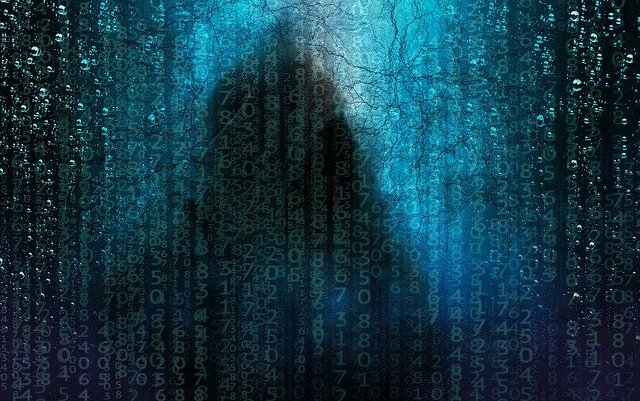The Hidden Wiki is one of the most infamous directories on the dark web, known for offering a curated list of links to various websites hosted on the Tor network. While some see it as a tool for decentralization and freedom of information, it also serves as a gateway to both legal and illegal activities. The dark web, unlike the surface web that is accessible via standard search engines, offers anonymity through encrypted networks such as Tor The Onion Router. This anonymity has made the Hidden Wiki both notorious and intriguing, as it contains resources and content ranging from whistleblower platforms and forums to black markets and illicit services. At first glance, the Hidden Wiki might appear as an alternative information hub, with some users accessing it to bypass censorship, discover free speech communities, or exchange politically sensitive material in repressive regimes. The directory offers access to sites like Secure Drop, which enables whistleblowers to anonymously submit information to journalists.

Additionally, some activists and privacy advocates rely on it to communicate without fear of surveillance. This aspect highlights the dual nature of the dark web: it provides a lifeline for those in need of anonymity but also harbors content that operates in legal gray areas. However, the Hidden Wiki has earned its notoriety because it is often associated with black markets and illegal activities. Among its listings are marketplaces for drugs, counterfeit documents, illegal weapons, and hacked data. One of the primary reasons individuals flock to the Hidden Wiki is its links to dark net markets, where cryptocurrencies like Bitcoin facilitate transactions outside conventional banking systems. Silk Road, one of the earliest dark web marketplaces, first gained traction through directories like the hidden wiki before law enforcement took it down. This demonstrated how directories like the Hidden Wiki act as facilitators for both benign and illicit activities, creating a moral dilemma about the value of unregulated access to information.
Navigating the Hidden Wiki is not without risks. Many of the links lead to sites that engage in phishing or malware schemes, potentially compromising the data or privacy of visitors. Even for those looking for harmless or legal content, distinguishing between legitimate and malicious sites can be challenging. Law enforcement agencies closely monitor some sections of the Hidden Wiki, aiming to curb illegal activities while also respecting the complexities of privacy and freedom of speech. Despite these efforts, the cat-and-mouse game between regulators and bad actors continues, with new versions of the directory frequently surfacing after takedowns. The existence of the Hidden Wiki and the dark web at large raises essential questions about the balance between privacy and security. While the internet was originally conceived as a space for free information exchange, the dark web shows how this freedom can be exploited. Some see the Hidden Wiki as a symbol of the internet’s potential to resist censorship, while others condemn it as a breeding ground for criminal activities.